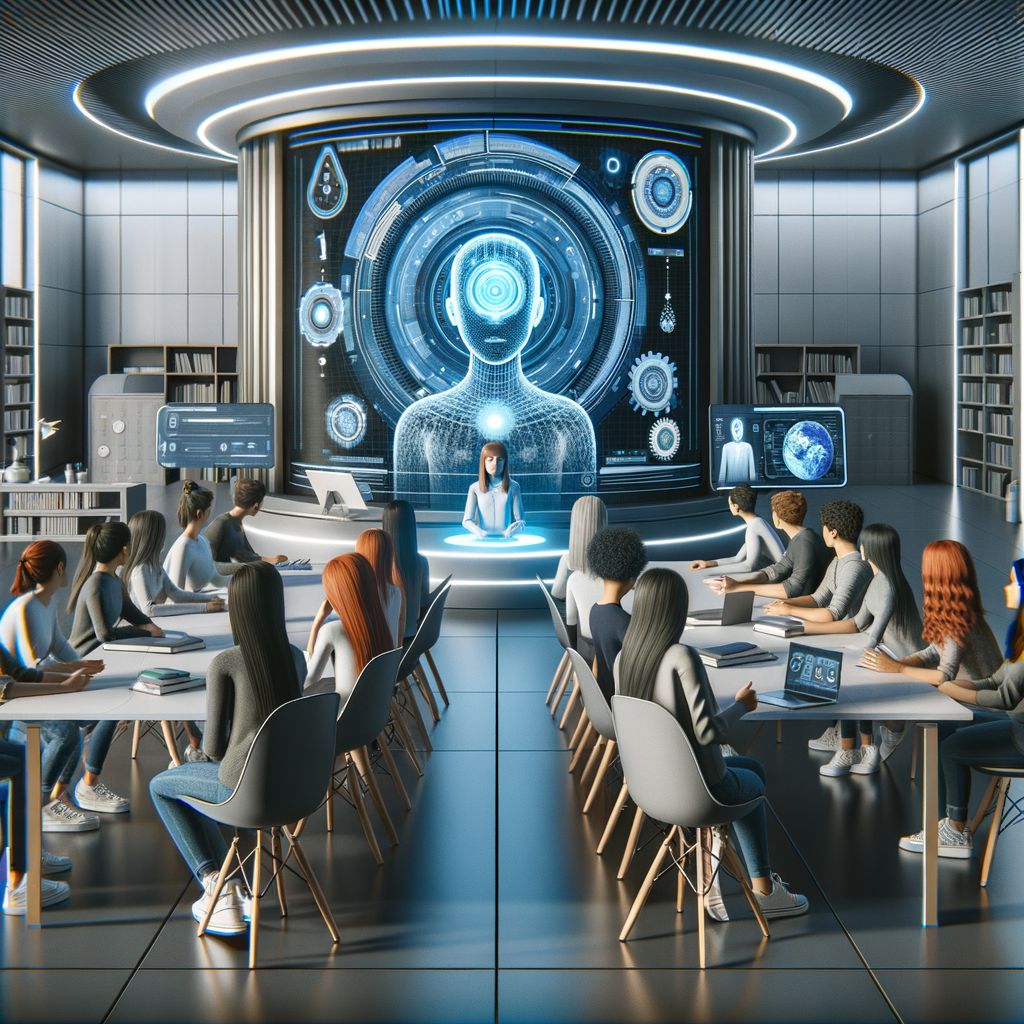
Innovative AI in Education: Shaping the Future of Learning
Discover how AI is revolutionizing the educational sector, transforming learning experiences, customizing educational content, and dismantling traditional barriers to create an inclusive, adaptive, and efficient learning environment.
Introduction: The Transformative Power of AI in Education
Artificial Intelligence (AI) is no longer a concept confined to science fiction or high-tech labs; it is a transformative force that is reshaping industries across the globe, including education. As we stand on the brink of a new era in learning, AI-driven solutions are making education more accessible, personalized, and efficient than ever before.
The Current Landscape of Education
In recent years, education has witnessed significant shifts. Traditional methods of teaching and learning, predominantly characterized by one-size-fits-all approaches, are gradually being supplemented—and in some cases, supplanted—by innovative AI applications. These involve personalized learning systems, virtual tutors, AI-driven administrative tools, and much more.
How AI is Personalizing Education
AI's capability to provide customized learning experiences is perhaps its most significant contribution to education. With AI, learning can be tailored to an individual’s pace and learning style, ensuring that students remain engaged and motivated. AI systems analyze each learner's progress and adapt content in real time, providing challenges that are neither too easy nor too difficult, thereby promoting optimal learning conditions.
Transforming Educator Roles
AI technology is not only transforming learning for students but also impacting how educators teach. With AI handling routine tasks such as grading or administrative paperwork, teachers can focus more on impactful and interactive teaching. AI tools serve as valuable assistants, providing educators with insights into student performance and suggesting strategies for improvement.
Breaking Down Barriers with AI
One of the most promising aspects of AI in education is its ability to break down traditional barriers. AI-driven tools can bring education to remote areas, offering lessons and resources where human teachers are scarce. Moreover, AI aids in language translation and comprehension, making education accessible to non-native speakers and those with learning disabilities.
Challenges Facing AI in Education
Despite its potential, the integration of AI in education is not without challenges. Issues surrounding data privacy, the digital divide, and the dependency on technology need to be addressed to ensure equitable and safe learning environments. Furthermore, the teaching community must be adequately trained to leverage AI technologies effectively.
The Future of AI in Education
Looking forward, AI promises to bring about even more changes in the education sector. From AI-driven classrooms and labs to lifelong learning platforms that evolve alongside individuals’ careers, the future of learning is set to be a dynamic, continuous, and personalized journey.
Conclusion
As we embrace the digital age, AI presents an unprecedented opportunity to transform education into an inclusive, efficient, and engaging process for all learners. By navigating the challenges and maximizing the potential of AI, educators and technologists together can build a learning ecosystem that prepares future generations for the evolving demands of the world.
From tailored learning pathways to inclusive educational access and beyond, AI's integration into education heralds a promising future for students, educators, and institutions around the globe.